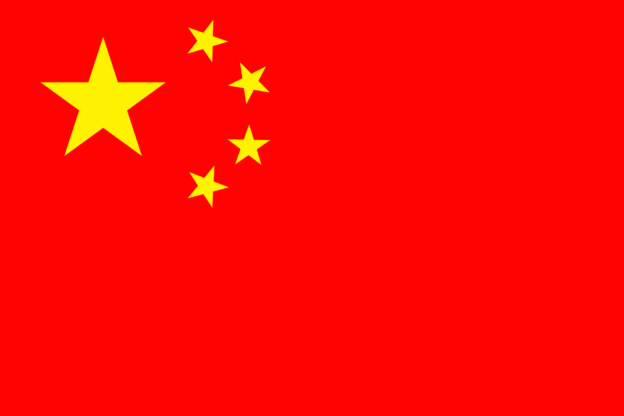The new law was adopted on October 17th, 2020, and will enter into force on December 1st, 2020
The Standing Committee of the National People’s Congress enacted on October 17th, 2020 the Export Control Law (“Final Version”) which will come into force on December 1st, 2020.
In 2017, China released its first bill to modernize the current export control framework. On December 28, 2019, a revised draft (“2019 Draft”), after being reviewed by the NPC, was published open for public comments until January 26, 2020. In June 2020, a further revised draft (“2020 Draft”) was submitted to the NPC for a second examination and then published for second public consultation until august 16, 2020.
The 2019 and 2020 Drafts (“The Drafts”) included important provisions which are found again in the Final Version such as the implementation of a license-application program in order to control the export of listed goods, the publication of a forbidden end-user list and a control mechanism for deemed export and re-export of controlled items originating from China. The Drafts as the Final Version contain a provision which allowed the authorities to exercise temporary control over any goods, technologies and services outside the export control lists for up to 2 years with a possible extension. One of the main discussed points from the Drafts is found again in the Final Version Law: the Export control law provides that any organization or individual outside the Chinese territory that endangers the national security or interests will be pursued for legal liability under the law.
Taking into account some comments submitted by operators, the China issued the final version of its Export Control Law. If most of the observations made in our last 2 articles (Dual use items: A new Chinese Regime published 13 February 2020 and Export Control – People’s Republic of China Precisions on the new regime of control of exportations of sensitive items and technologies published 24 July 2020) remain up to date, new elements found in the Final Version must be underlined.
To begin with, China extended the scope of the “purpose“ of the Export Control Law:
– The Final Version has added the reference to the protection of “national interests” in addition to that of national security;
– The Final Version places each time the reference to “national security and interests” before other elements i.e. proliferation obligation, in order to highlight the priority given to the safeguarding of national security and interests.
This reference to “national security and interests” rather than “national security” extends the scope of the Export Control Law and gives Chinese authorities a greater field of intervention.
The other main changes as compared to the last draft are summarized below:
1) With regard to the scope of “controlled items”, the Final Version makes clear that the “controlled items” include the “data” such as technical documents relating to the controlled articles.
2) The Final Version underlines that the authorities in charge shall guide the exporters to establish a sound internal compliance system in response to the export control measures.
3) The Final Version also adds that under special circumstances, where an exporter really needs to deal with an importer or end-user on the Control List, it may submit a license application to the State export control authorities.
4) The Final Version expressly provides that the importers and end-users who have been added to the control list may apply for the removal from the said List after taking relevant measures and considering that they are no longer in any of the circumstances subject to export control; or otherwise the export control authorities may decide to remove these importers/end-users depending on the actual circumstances.
Finally, the Final Version has introduced a principle of “reciprocity treatment”, according to which where any jurisdiction or region uses its export control policy in an abusive way and as a consequence damages the national security and interests of the People Republic of China, the latter may, depending on the actual situation, take the same measures based on the principle of reciprocity
***
The Customs and International Trade team of DS Avocats is at your disposal to provide you with any further information you may require.
CONTACT US:
dscustomsdouane@dsavocats.co
liuyijun@dsavocats.com

